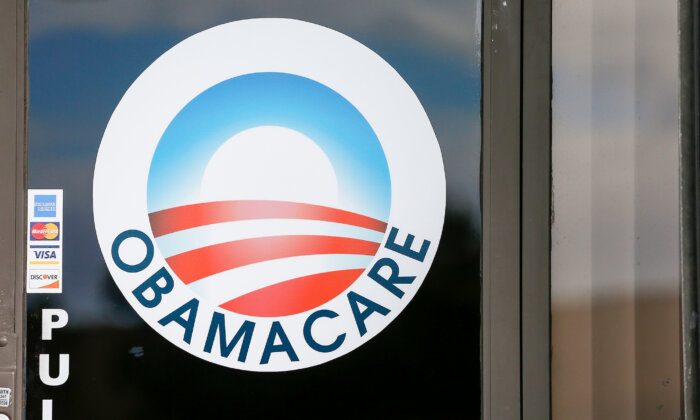The judge said that Facilities for Medicare and Medicaid Products and Services had ‘acted contrary to the law’ by providing federal fitness assistance benefits to DACA recipients.
On December 9, a federal court temporarily banned 19 states from expanding Obamacare coverage to immigrants who were brought to the United States illegally as children, often referred to as “Dreamers.”
The U.S. District Court for the District of North Dakota passed judgment in Daniel M. Traynor granting the states a preliminary injunction and opposing enforcement of the rule of thumb, pointing out that the Medicare and Medicaid Products and Services (CMS) facilities did not “act Did “contrary to the law” by providing federal health assistance benefits to DACA recipients who, by definition, are no longer legally found in the United States.
The Department of Health and Human Services said on May 3 that CMS had changed the definition of “lawfully present” — which is used to determine eligibility for protections — to allow DACA recipients to be legally present on the market. To be allowed to participate in the exchange.
On the other hand, Traynor said that it is Congress that should decide who is eligible for lawful presence status in the United States, rather than companies like CMS.
“This in no way allows the agency to circumvent Congress’ authority and redefine the term ‘legally present,'” he said.
Traynor wishes states have demonstrated irreparable harm, as they will be pressured to either agree to the rule of thumb or face the possibility of losing federal backup “to operate the costly exchanges” required under the ACA.
Kansas Attorney General Kris Kobach, who led a coalition of states in filing the lawsuit against the government, called the court’s decision a “huge victory for the rule of law.”
Joining Kansas in the lawsuit are Ohio, Idaho, Nebraska, South Carolina, Alabama, Virginia, Tennessee, Indiana, Missouri, Montana, North Dakota, South Dakota, Iowa, Pristine Hampshire, Kentucky, Texas, Florida and Texas. Arkansas.
Epoch Instances has contacted CMS for comment.
CMS estimated that the rule of thumb “could lead to up to 100,000 previously uninsured DACA recipients enrolling in health care through the Marketplace or BHP (Basic Health Program).”
However states argued that increasing ACA protections for DACA recipients would impose “additional administrative and resource burdens” because it could deny them access to state-run ACA exchanges.
The DACA initiative was announced by then-President Barack Obama to protect from deportation people who were brought to the United States illegally by their parents as children. This system allowed them to work legally within the country.
On the other hand, “Dreamers” were ineligible for government subsidized fitness insurance plans because they did not meet the definition of having “lawful presence” in the United States.
Jana J. Pruett contributed to this file.


